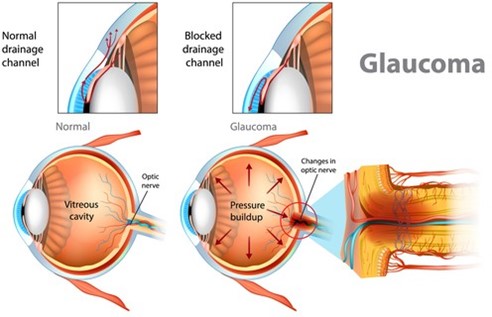A nurse and assistive personnel (AP) are caring for a client who requests a PRN pain medication. After the nurse administers the medication, which of the following tasks should the nurse assign to the AP?
Document the client's respiratory rate in 1 hr.
Monitor the client for an allergic reaction for 30 min.
Check the client's response to the medication in 1 hr.
Evaluate the client for therapeutic effects in 30 min.
The Correct Answer is A
After the nurse administers a PRN pain medication to a client, the nurse can assign the assistive personnel (AP) to document the client's respiratory rate in 1 hour. This is within the scope of practice of an AP.
The other tasks are not appropriate for an AP to perform.
Monitoring the client for an allergic reaction and evaluating the client for therapeutic effects are both nursing assessments that should be performed by the nurse.
Checking the client's response to the medication is also a nursing assessment that should be performed by the nurse.
Nursing Test Bank
Naxlex Comprehensive Predictor Exams
Related Questions
Correct Answer is C
Explanation
Answer: C. Change the perineal pad with each void.
Rationale:
A) Cleanse the perineal area from back to front: Cleansing from back to front is not recommended as it increases the risk of introducing bacteria from the anal area to the perineal wound, potentially leading to infection. The correct technique is front-to-back cleansing to prevent contamination.
B) Wash the perineal area with povidone-iodine twice daily: Povidone-iodine is not typically recommended for regular perineal care postpartum, as it can disrupt normal flora and potentially irritate the healing tissues. Using warm water and mild soap is safer for cleansing the area.
C) Change the perineal pad with each void: Changing the perineal pad with each void helps maintain cleanliness and reduces moisture in the perineal area, decreasing the risk of infection and promoting comfort during the healing process of an episiotomy.
D) Wipe the perineal area with a soft cloth: Wiping the area can disrupt the stitches and may cause discomfort. Instead, clients are usually advised to gently pat dry or use a squirt bottle to cleanse, which reduces pressure on the healing tissue.
Correct Answer is A
Explanation
a ."I will take a stool softener to prevent constipation."
Explanation:
The statement that indicates an understanding of the instructions is "I will take a stool softener to prevent constipation."
Explanation for the other options:
b. "I will ask to work the night shift, so I will not be driving in bright sunlight."
This statement is incorrect. The need to work the night shift to avoid bright sunlight does not relate to the discharge instructions for a client postoperative following laser surgery for open-angle glaucoma. The primary focus of discharge teaching for this condition would be related to eye care, medication administration, and follow-up appointments.
c. "I will need to use my eye drops for 1 year."
This statement is incorrect. While eye drops are commonly prescribed for open-angle glaucoma, the duration of their use can vary based on the individual's condition and the healthcare provider's instructions. The client should follow the specific instructions given by their healthcare provider regarding the frequency and duration of eye drop use.
d. "I will need to follow a low-protein diet."
This statement is incorrect. A low-protein diet is not typically part of the discharge instructions for a client postoperative following laser surgery for open-angle glaucoma. The focus of dietary recommendations for open-angle glaucoma is on maintaining a healthy diet and managing other health conditions that may affect intraocular pressure, such as high blood pressure or diabetes.
In summary, the statement that demonstrates an understanding of the discharge instructions for a client postoperative following laser surgery for open-angle glaucoma is "I will take a stool softener to prevent constipation." This indicates the client's awareness of the importance of preventing constipation, which can be a side effect of some medications prescribed after surgery.

Whether you are a student looking to ace your exams or a practicing nurse seeking to enhance your expertise , our nursing education contents will empower you with the confidence and competence to make a difference in the lives of patients and become a respected leader in the healthcare field.
Visit Naxlex, invest in your future and unlock endless possibilities with our unparalleled nursing education contents today
Report Wrong Answer on the Current Question
Do you disagree with the answer? If yes, what is your expected answer? Explain.
Kindly be descriptive with the issue you are facing.
